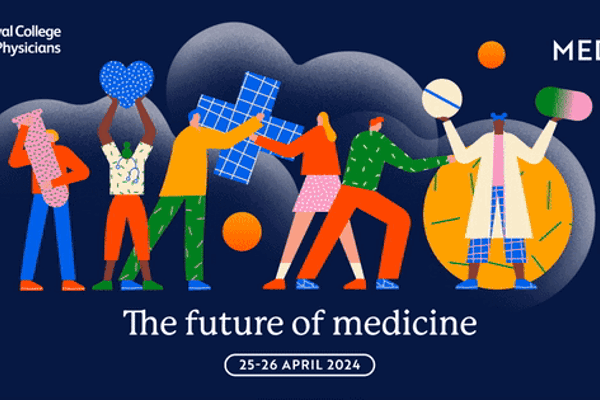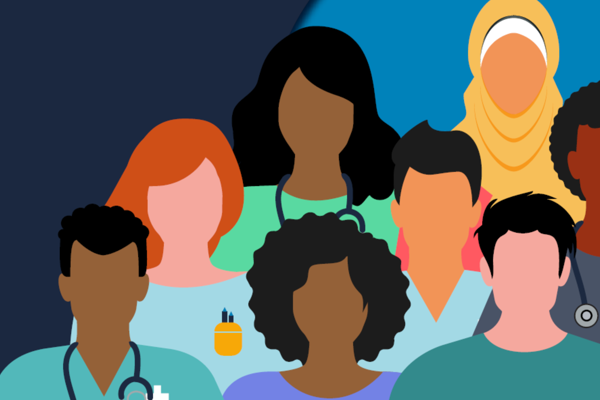This piece is part of a series of blog posts by members of the Inequalities in Health Alliance, highlighting the breadth of health inequalities that exist throughout society. #EverythingAffectsHealth
Homelessness is a health issue, writes Saskia Neibig, senior policy and parliamentary affairs officer at Crisis.
People experiencing homelessness often report significant weight loss, hunger and struggling to get proper sleep. Studies find that people who are homeless are more likely to develop stress-related and age-related illnesses prematurely.
For example, the conditions of homelessness often make it hard for people to stay healthy and safe. Sofa surfing, hostels and other forms of temporary accommodation are often cramped and sometimes unsafe, which can make it difficult to manage health conditions. The stress and trauma of homelessness can exacerbate mental health issues. The mental health cost of homelessness is high, with suicide rates nine times higher among people experiencing homelessness than among the general population. And this toll can push people to self-medicate, with two in five people using drugs and alcohol to cope with mental health issues.
Despite a high prevalence of physical and mental health conditions, people who are homeless often face practical barriers to healthcare, such as struggling to register with GPs, and they can often face stigma in accessing health services. Many are therefore locked out of support for their health conditions, while mental health issues and substance abuse can lock them out of homelessness services, trapping them in a vicious cycle. This is one of the reasons that a housing-led approach to homelessness is so important, and for people with high needs, especially health needs, Housing First is a service that needs to be funded nationally.
But it’s important to prevent people becoming homeless in the first place and to end homelessness rapidly when it occurs. However, rising rents are pushing people closer and closer to the dangers of homelessness – unless we do more to keep people in their homes.
Rising rents are a large part of the cost of living crisis. Rightmove found that average private rents are now 15% higher than before the pandemic started, and they are still rising. The rising cost of living is pushing more people to the brink of homelessness, because they can’t afford their rent. In the last quarter of 2021, landlord repossessions increased by 42% on the previous quarter. With evictions increasing, local authorities say that they are expecting ‘a tidal wave’ of homelessness.
That means greater pressure on housing services and health services, and people struggling to work. We urgently need a strategy for delivering genuinely affordable housing. In the interim, we must ensure that benefits cover the cost of living and renting. This includes keeping housing benefit levels in line with the real cost of renting in people’s local area, where they can access job opportunities and the health and housing services that they rely on.
The cost of living crisis is also extending people’s experiences of homelessness; our services are finding it more and more difficult to secure affordable housing for people. This means that people are trapped in the limbo of expensive temporary accommodation or unsafe street homelessness for longer, making it harder to work and manage their health. If we want to make sure that services can end people’s homelessness effectively, then we need to ensure that affordable renting is part of the solution.




